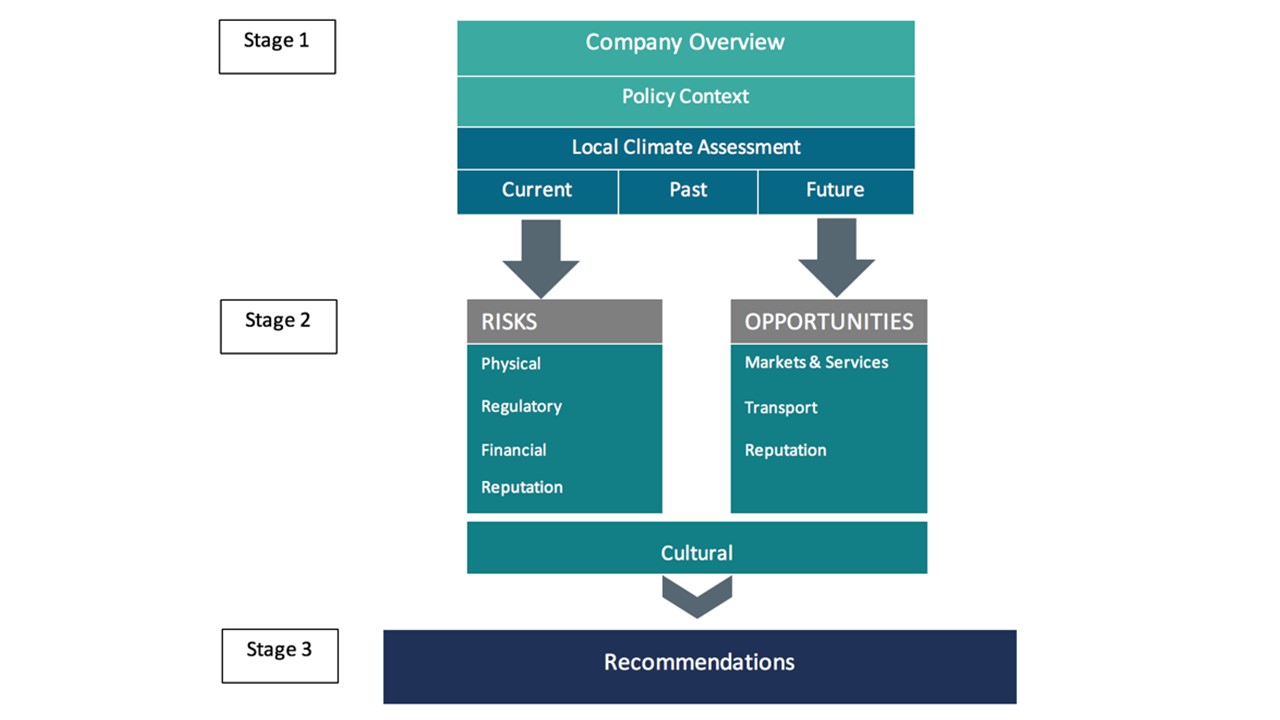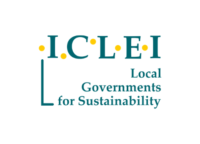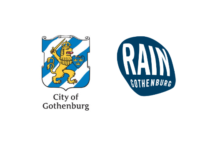In early 2019, students at the University of Edinburgh conducted in-depth research into the key threats and opportunities of climate change to Celtic Connections: a Scottish cultural SME based in the Glasgow City Region. The key findings create a useful case study for other cultural managers and SMEs looking to understand how climate change will impact their work.
Celtic Connections
One of the largest music festivals in Europe, Celtic Connections takes place each winter, in January, with over 300 events (concerts, talks, sessions and workshops) taking place in a range of venues and locations in the Glasgow City Region, but based primarily at Glasgow Royal Concert Hall. The 2019 edition of the Festival attracted over 130,000 attendees. Operating since 1994, the festival also has a significant education programme, focused on developing youth music talent, and increasing awareness of, and access to, traditional Scottish music.
Framework for an adaptation assessment
To best understand the impacts of climatic changes, a three-stage framework was used.The first stage began by exploring the socio-political and physical context:
- Identifying the policy and legislative context pertinent for the festival – both national and local government legislation significantly address climate change, and Glasgow City Council has declared an aim to be carbon neutral by 2037.
- Completing a local climate assessment for the region – climate projections for Scotland are for increased summer and winter temperatures, changing seasonal rainfall (up to 12% wetter in winter and up to 40% drier in summer), and an intensification of extreme weather events, such as storms. More information about climate change in Europe.
Risks and opportunities from climate change
A number of different risks arising around climate change were identified as having a negative impact on the festival. For example:
- With increasing regulation around air travel, it may not be feasible to bring as many international artists to the festival.
- The potential for more intense extreme weather events also creates further physical risks – from flooding and wind damaging buildings and instruments, to transport hazards creating health and safety risks for staff and attendees.
Conversely, adapting to address these risks might also present more opportunities for the festival:
- Opening up new local and regional audiences and artists, avoiding some travel and becoming more reflexive to a changing regional weather system.
- Exploring new digital development to ensure events can still take place regardless of the weather by offering streamed events.
- The research also found that there was significant cultural opportunity for the festival to use its cultural platform to explore climate change with its audience, drawing a particular alignment between the organisation’s youth programme, and the current school strikes for the climate movement.

The full report explores each of these themes in detail, as well as providing further examples of how strategic planning for climate change is necessary for cultural SMEs like Celtic Connections.
This research was conducted and written by Gabriela Ansari-Correa Enda Doherty, Lu Xiao Han, Maureen Lynch and Galina Toteva as part of the Applied Carbon Management module of the Carbon Management MSc. at the University of Edinburgh. We are grateful for their permission in allowing us to publish this work.
Read the full report














